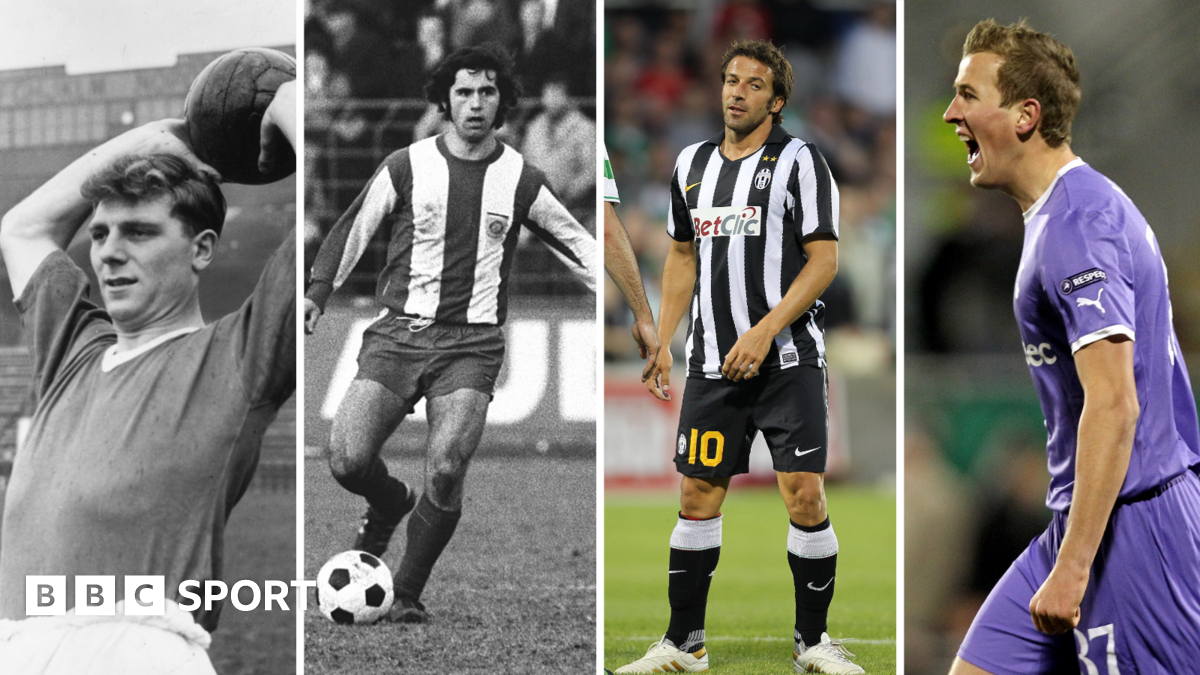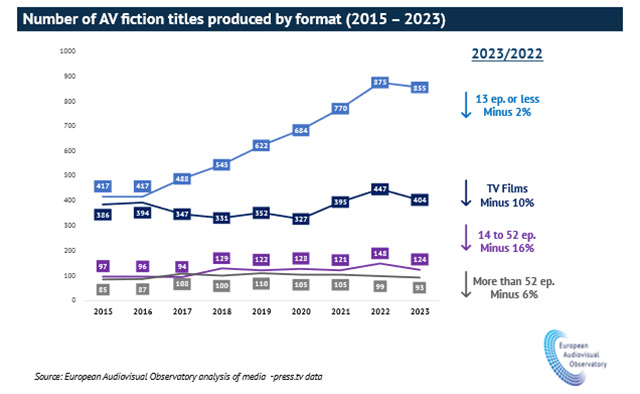World
World leaders just pledged ‘lasting peace’ in Ukraine. Achieving it is still a long way off

Russia’s heavy bombardment of the past few months has slowed as a steady supply of weapons and military aid from the US and Europe has rushed to Ukraine.
Ultimately, this war has not reached a stage where a negotiated end is possible, even in principle.
Ukrainian President Volodymyr Zelensky did not say whether he was prepared to engage with Russian counterpart Putin in talks to end the conflict, though he has ruled out direct negotiation in the past.
Neither Russia nor Ukraine can swallow each other’s requirements. Kyiv cannot accept Russia’s demand for new leadership nor drop its pursuit of NATO membership. Moscow cannot accede to Ukraine’s demand for reparations. Neither wants to give up land.
In an honest interview with The Economist recently, Vadym Skibitsky, the deputy head of Ukraine’s military intelligence, said he could not see a path to victory for Ukraine on the battlefield alone.
Even if Ukraine pushed Russian forces back to their pre-war borders, he said, the conflict wouldn’t stop. The only resolution to the war, Skibitsky said, would come with a treaty, and right now, both sides are jockeying for the “most favourable position” ahead of those potential talks.
Loading
The negotiations, however, are unlikely to begin before the second half of next year at the earliest, when Russia is likely to be facing serious headwinds. On the economic front, the gradual imposition of sanctions will slowly strangle Moscow, even if it has proved more resilient than first thought so far. Privately, Kyiv officials concede that it will be unable to win unless a declining economy leads to a political collapse in Russia.
It is also likely that Russian military production capacity, which has expanded in the last two years, will plateau by early 2026 because of shortages in materials and engineers.
Russia and Ukraine could run out of weapons. The latter, however, will run out first unless there are more commitments from the West. That makes November’s US presidential elections critical for Kyiv’s future.
If it is likely to turn the tide of the war, Ukraine will need another US$300 billion ($455 billion) to match Russia’s output.
Loading
Dutch Prime Minister Mark Rutte, the man most likely to lead NATO when Secretary-General Jens Stoltenberg leaves later this year, told the summit these talks were only the beginning of a path to peace.
“And despite some of us around this table having different opinions on how to exactly get to peace for Ukraine, let there be no mistake … we are totally united at a shared vision on principles, on values, on decency,” he said.
“You do not invade another country. You do not abduct children. You do not play politics with the world’s food supply. And you do not endanger nuclear safety.”
Any peace talks will also need China and the US to team up to pressure Moscow. Beijing has the ultimate trump card: the ability to bring Russia to the table. But China has no proven track record when it comes to complex negotiations. And, currently, a West distracted by the ongoing war favours its own agenda.
Get a note directly from our foreign correspondents on what’s making headlines around the world. Sign up for the weekly What in the World newsletter here.










